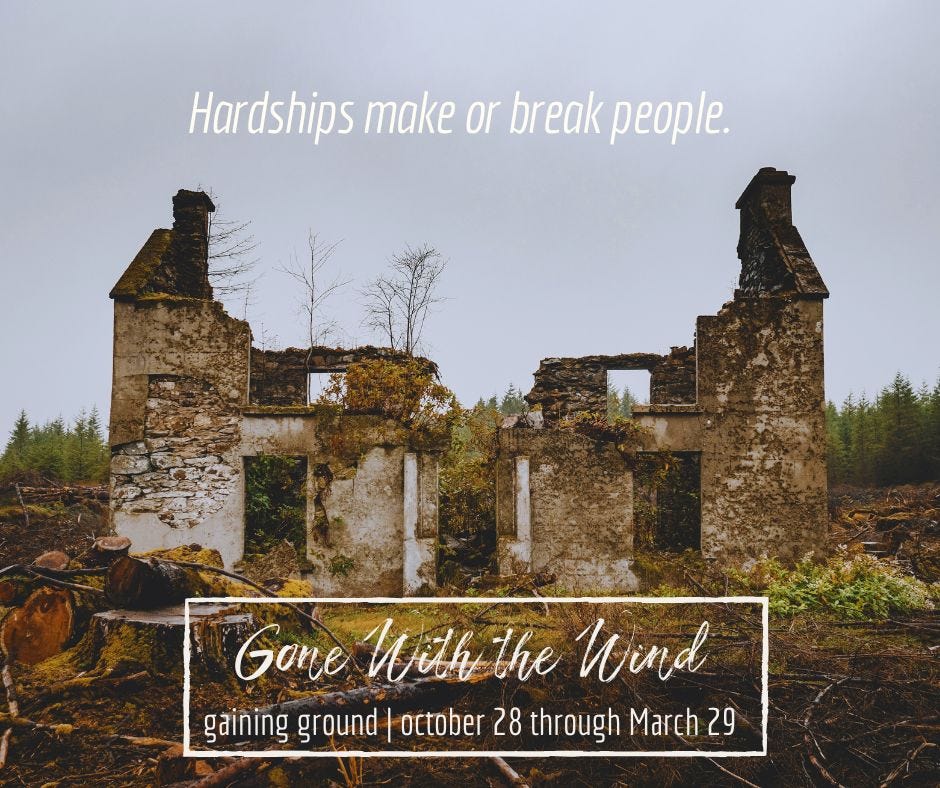An epiphany this week: I just realized that I’ve been homeschooling for twenty years.
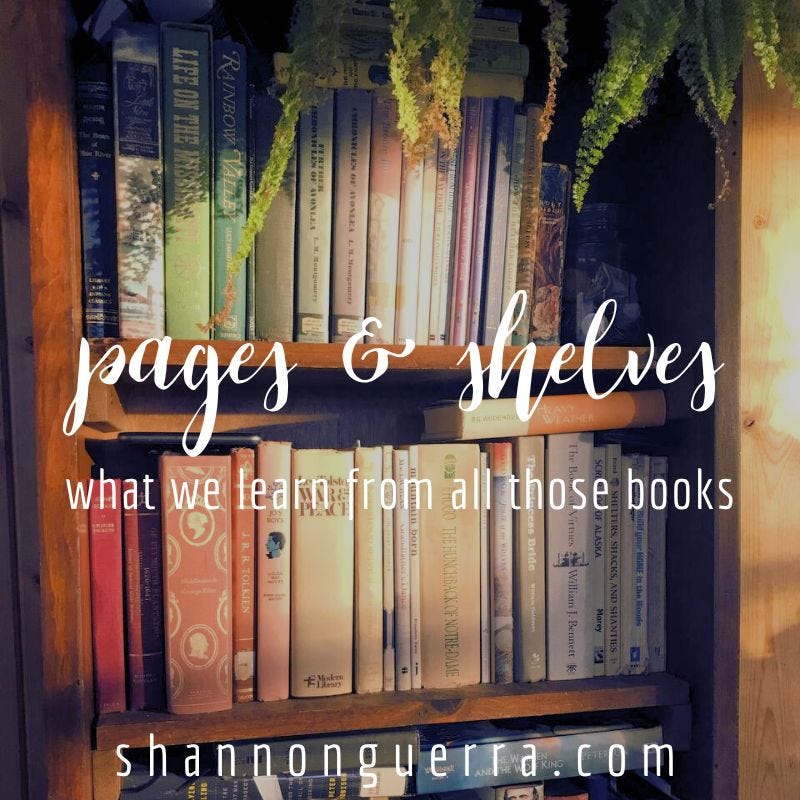
Twenty yeeeears. It’s a milestone made all the more significant by the fact that I have never owned a denim jumper and just recently had to be reminded what a “scope and sequence” is.
(“Wait wait wait, you mean the stuffy instructor’s material that I always throw in the bin so I can get to the good stuff? Oh…yeah, I knew that…” *nervous laughter*)
So hey, twenty years, eight kids, three down, five to go. Craziness. But it explains why my mind is often in fourteen literary directions and experiencing bookish spasms of attention deficit disorder. It’s just an occupational hazard of being a homeschool mom; we’re always reading great books.
I don’t ask the kids to analyze or dissect them. We don’t dig around for meanings and implications that were never intended by authors and only planted by dry language arts classes. Books are fun and fascinating and stand on their own without any picking apart, so we enjoy them and the stories they tell.
Rather than leaving us cold, education should produce the warmth of interest and pleasure in the knowledge we meet.
– Karen Glass, In Vital Harmony
But still, reading takes time. How do we justify all the hours put into reading pages and volumes and shelves full of great books – especially classic literature?
Here’s how.
We learn about bravery, and cowardice, and consequences, and human nature, and relationships, and responsibility, and maturity. We get to know heroes we want to emulate, and we are repulsed by villains who sometimes remind us a little too much of ourselves. In complex characters we see bits of our own tendencies, and we don’t usually even realize it’s happening, but as we read, we’re confronted with questions about if we want to keep those tendencies.
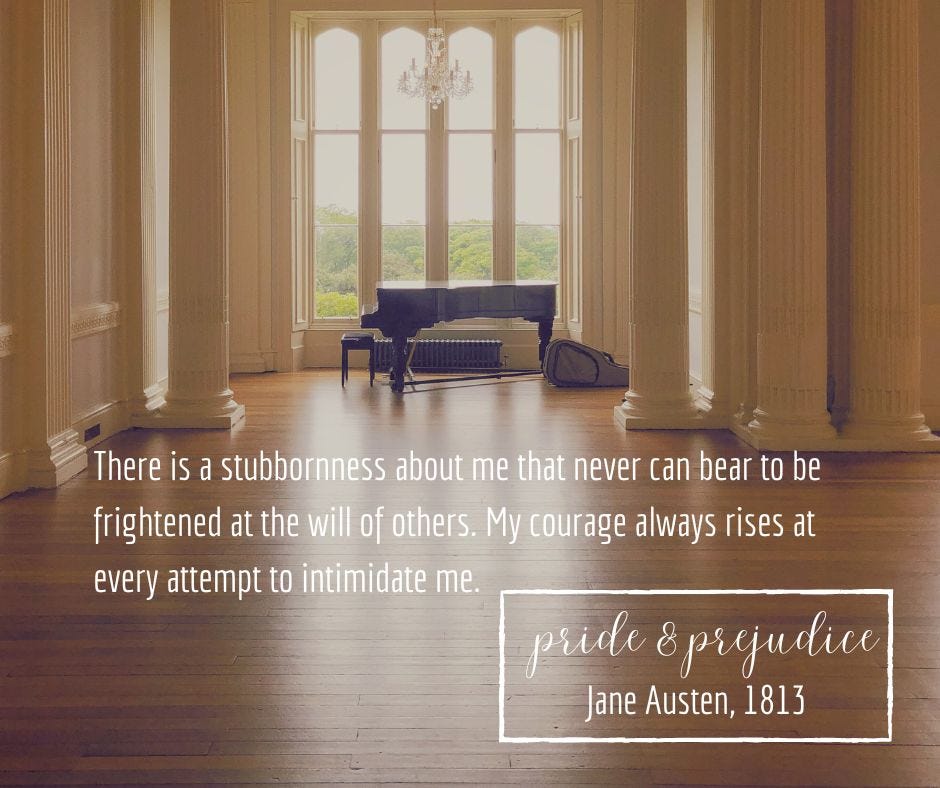
We learn about the world around us, and the world far away from us that we’ll never experience otherwise.
We think we’re reading the story of an epic disaster but we learn about Indian culture and the British Empire. We grab a fun mystery and end up learning about the tradition of bell ringing in churches. We open a novel from the 1800s and think we’re in for, maybe, an old-fashioned romance and dusty glimpse of village life – but no, by the time you’re halfway through you’ve learned to translate a bit of Scottish and you know that “I dinna ken whaur I cam frae” means “I don’t know where I came from” and you don’t even have to think about it.
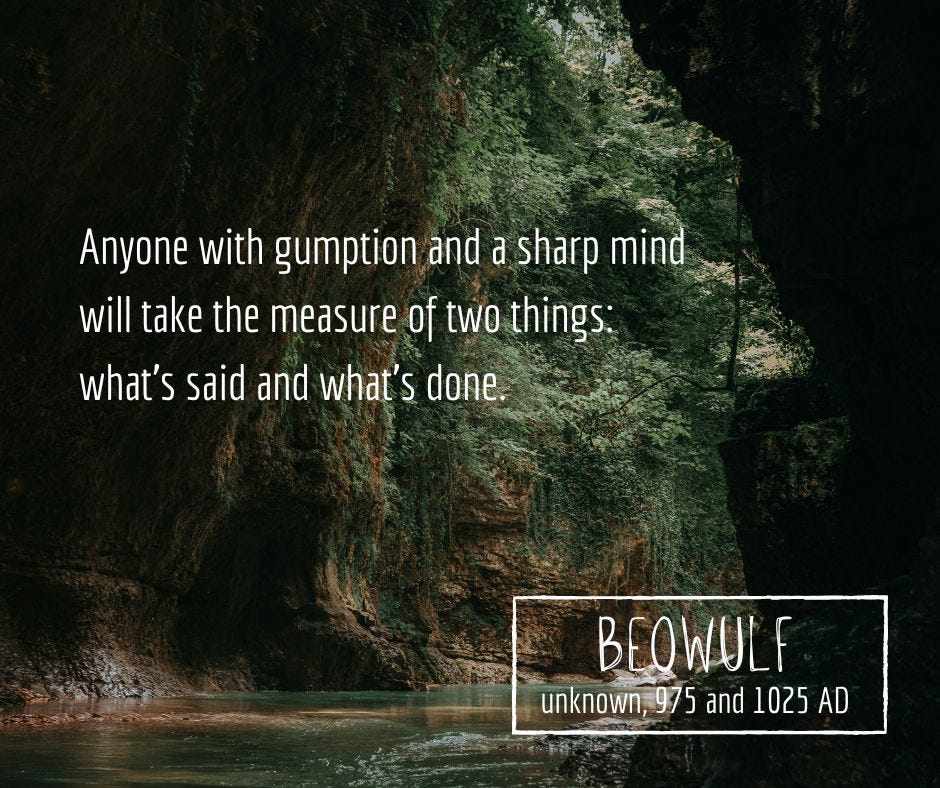
We learn how to communicate and articulate, and how to attend and listen. We learn the nuance of different phrases and vocabulary so we can express how we really feel and what we really think without resorting to vague generalizations. We use language that demands a response from those who might otherwise blow us off, and we get our point across to a society who needs better content to think on. We lengthen our attention span and expand our understanding, and we’re not tuned out by complex language. And we are saved a multitude of misunderstandings, conflicts, inconveniences, and embarrassments by doing so.
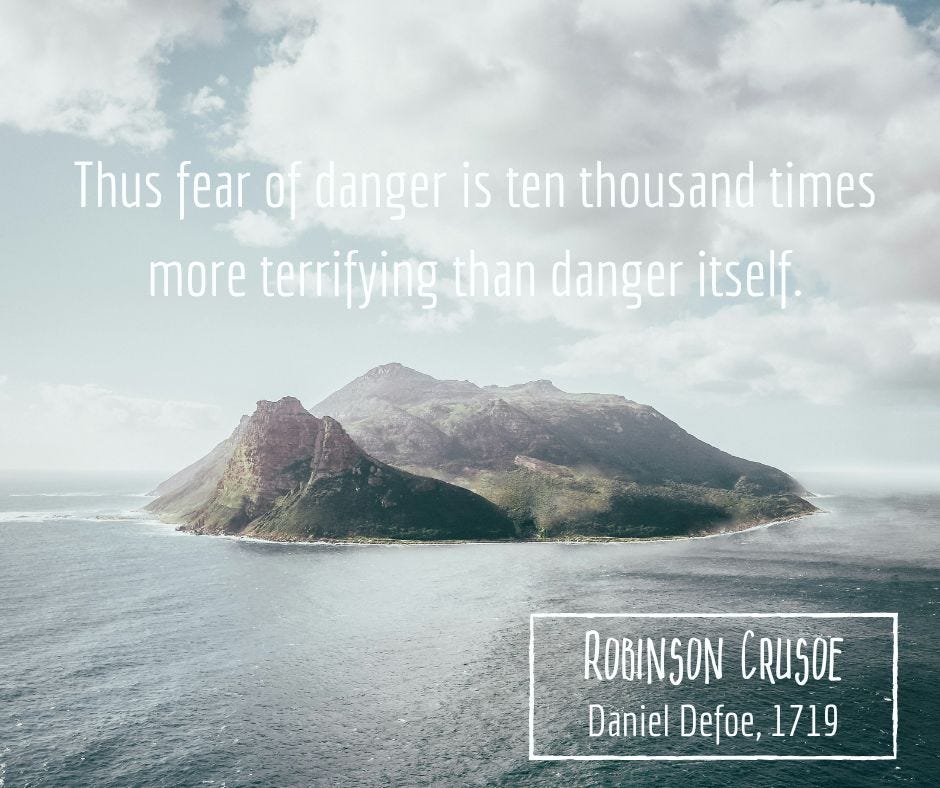
We preserve culture and strengthen our communities by acquainting ourselves with great classics. Why have scholars and writers been persecuted in “cultural cleansings” by tyrants throughout history? Because they know and figure out things.
Those who read classics have a common language filled with short phrases that have complex, full meanings that are shared in just a few words. We say, “There is a tide,” just four words, and those who have ears to hear know the time has come to act before the opportunity is gone. We quote, “War is peace” and the sarcasm is understood by everyone who’s read 1984. We quote, “It is a far, far better thing I do, than I have ever done” and to anyone who’s read A Tale of Two Cities, we’ve distilled the 374 pages of repentance, sacrifice, restoration, and victory in just fourteen words, because readers have their own code.
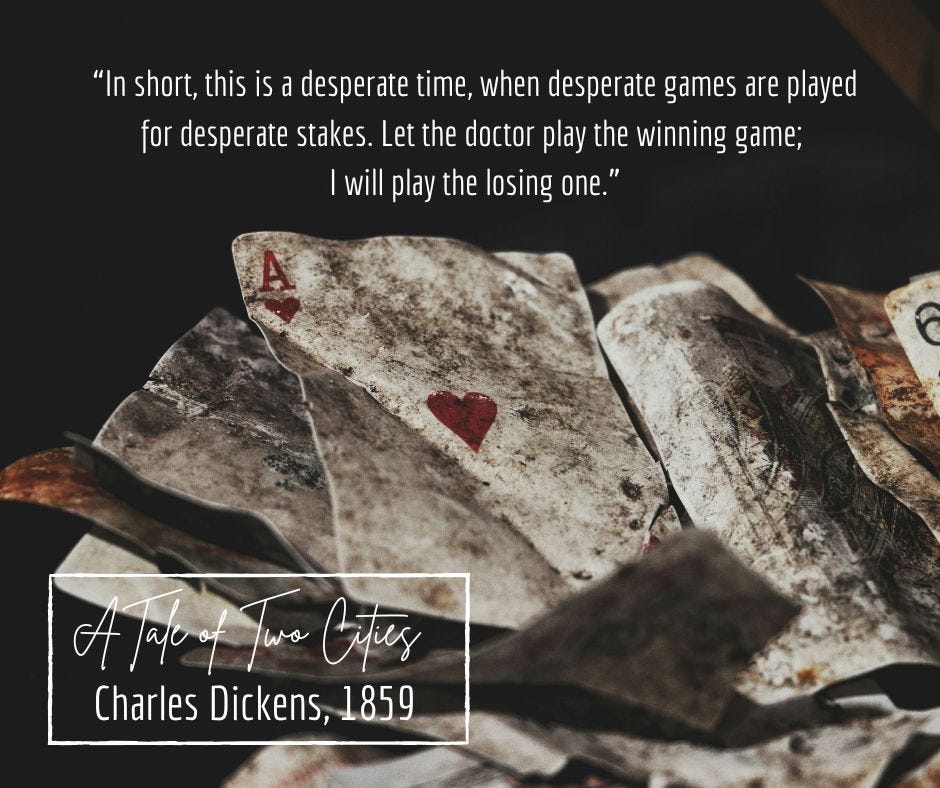
On the writing side, though, I have been the writer-mama who tutors other people’s kids and coaches adults but still, at wit’s end, signed one of my own kids up for an online program with an outside company just to have someone else drill the same concepts into him. And that course was…meh…but still worth it to remove the extra conflict out from between us. So there’s no shame in needing help because of time, expertise, or just needing reinforcements.
So I did a thing to hopefully help lift a little burden from homeschooling parents of high schoolers.
(And yes, “to hopefully help” is a split infinitive, but we don’t really care about those anymore. I’m actually more aggrieved by the tacky alliteration in it.)
I put in some overtime – in our house, this means I stayed up too late after putting the kids to bed, and often let my littlest stay up too late by letting him do atrocious things to my hair – and I made an 18-week long British Lit course for homeschooling parents who don’t have several hours a week to keep up with all of their high schooler’s literature readings and evaluate their papers.
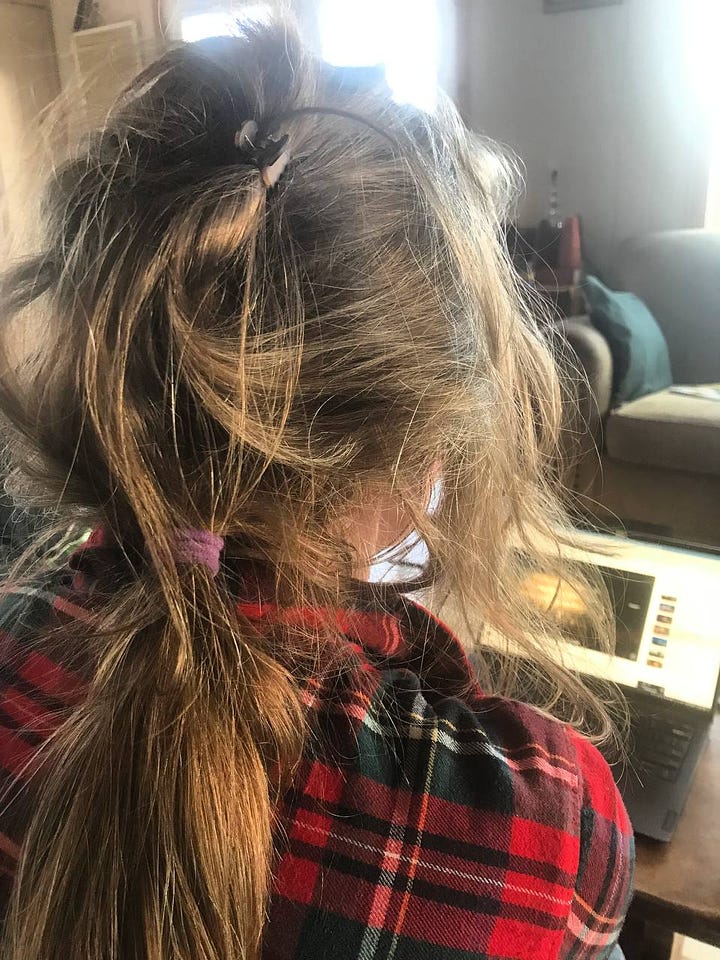
A second Brit lit course is in progress and it will be followed by American Lit, as long as we don’t run out of bobby pins.
The 30-page course booklet is $10 for those who want to do it on their own; it includes the schedule, suggested writing topics and questions, graphics, and memes. Alternatively, for those who need one less conflict between themselves and their high schooler and a few dozen less things to do, for $200 they can send me all of their weekly assignments and papers for constructive feedback and coaching over the duration of the course to save you from having to be on your kid’s case about those things. You’re on your own if you have to nag them about chores though.

You can check out the course here.
Not all of the books are your standard high school choices. Some are…and some are better. And some are considered by many to be children’s books, even though the language in them is far more advanced than the [redacted] [redacted] stuff that passes for modern YA lit sometimes.
Great children’s books are enriching for all ages, and many of us missed them when we were younger anyway. And even if we already read them (or they were read to us), we get new experiences and insights out of them years later – and many of those insights lead to maturity and perspective that we want our kids to have.
Life is too short to learn from only our own mistakes, so we need to learn from Frodo and Scarlett and Jane Eyre and Tom Sawyer and Mr. Darcy and Robinson Crusoe and thousands of others. We see multiple facets of human nature and learn how people respond to their circumstances, and how those responses do and don’t work. As we read about struggles and triumphs and flaws and heroism, we learn compassion and wisdom and bravery and self control.
Or at least, the seeds are planted. What we do with them afterward, when we are tested, is up to us.
P.S. Want to join us for our next book in Gaining Ground? It’s a biggie and will last us a while…we’re starting Gone With the Wind by Margaret Mitchell on October 28 and we’ll be reading about 50 pages a week through the end of March. Join us on Telegram anytime as we wrap up Emma.
